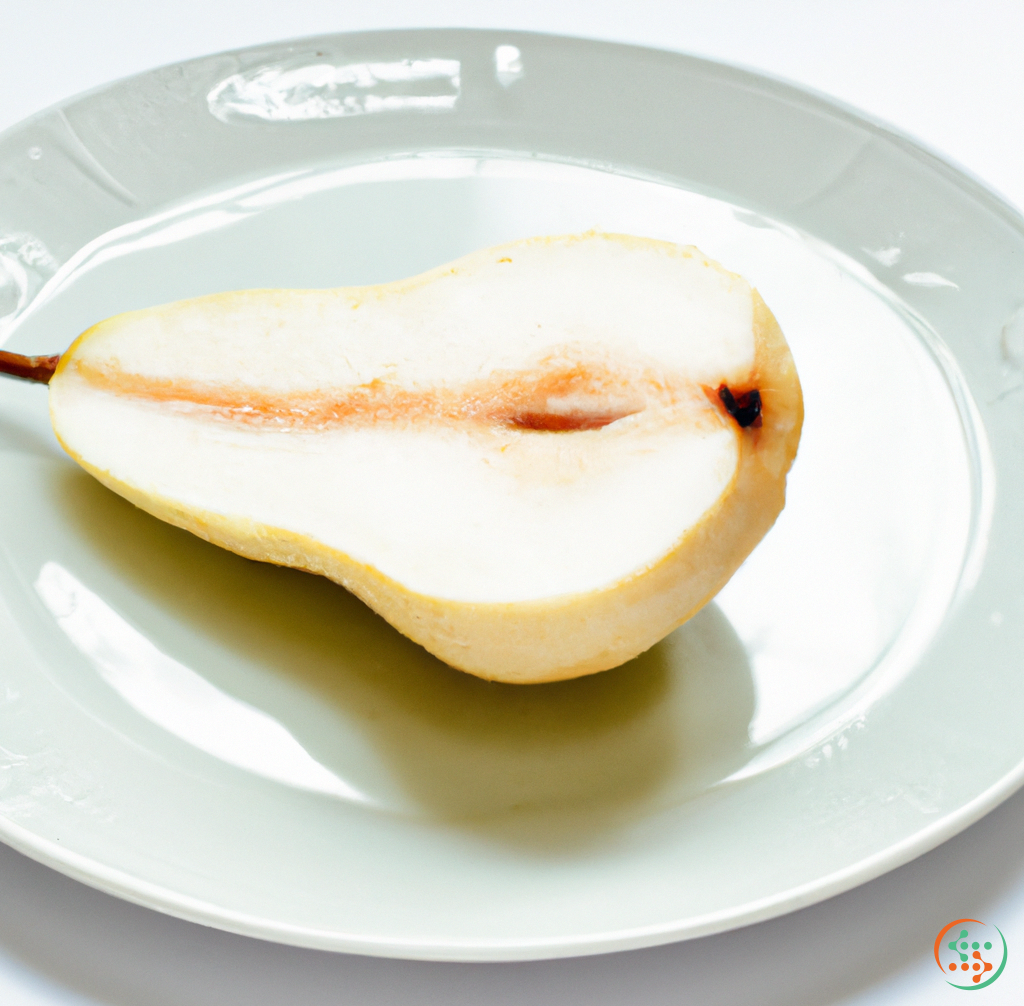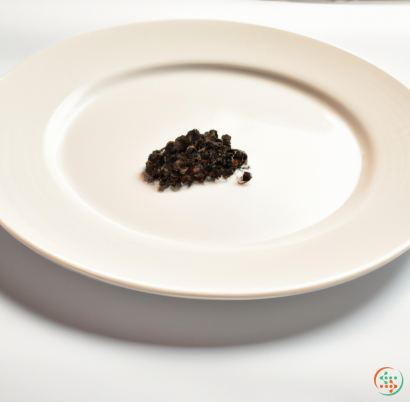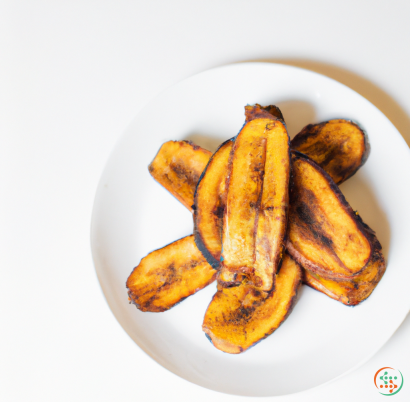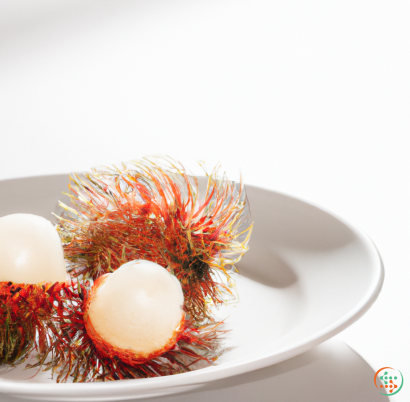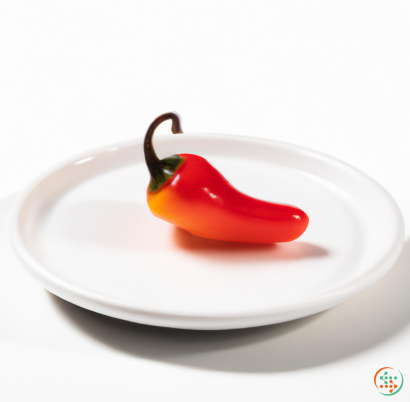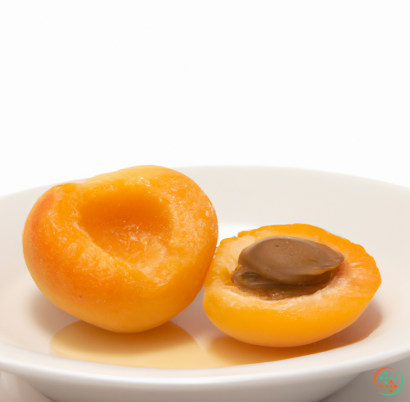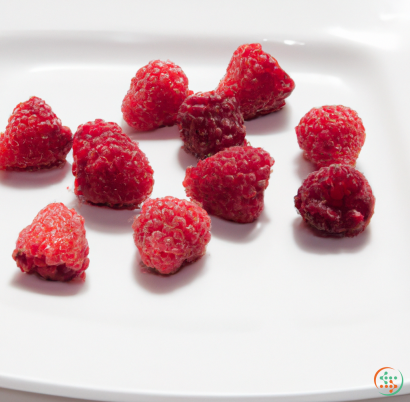Pear Nectar: Complete Vitamin Profile
Pear Nectar: Considered a good source of vitamins?
Pear nectar is not a good source of vitamins. The majority of pear nectars are simply juice from the pear, which has been pasteurized to preserve it and processed with sugar, acids and preservatives. Although some companies may add vitamins to their formula, this isn’t likely for most brands. Most of these additions would just be synthetic lab-based nutrients, so they wouldn’t necessarily be better than natural sources. If you’re looking for a vitamin boost, try eating fresh or frozen pears or other fruits as part of your diet instead.
Pear Nectar ‐ Vitamin Information
Introduction
Pear nectar is a popular beverage, thanks to its unique flavor and tangy taste. Like most fruit juices, this liquid contains an abundant amount of vitamins that can provide healthy benefits when consumed regularly. To understand the nutritional value contained within pear nectar, it is essential to look at the various vitamins and minerals found inside of the beverage. In this research paper, we will explore the scientific makeup of pear nectar in order to gain a better understanding of what makes it such a beneficial drink.
Vitamin A
Vitamin A is an important micronutrient that helps with vision maintenance and growth, as well as other bodily organs like the skin and immune system. Pear nectar provides some of this necessary vitamin. Depending on the variety of pears used, there can be anywhere from 500 to 1,000 international units (IU) of Vitamin A per 8-ounce glass. This presence of Vitamin A proves why nectars are a great source of nutrition for those who want to keep their bodies’ systems running efficiently.
Vitamin C
Another vital nutrient available in pear nectar is Vitamin C. Just one serving of the drink has about 12 milligrams (mg) of Vitamin C — approximately 15% of the recommended daily allowance (RDA). Vitamin C plays an important role by helping the body fight off infection and reducing inflammation. It is also notorious for aiding the faster healing of wounds, supporting the production of collagen, and acting as an antioxidant.
Thiamin
Pear nectar is rich in thiamin. One cup of the beverage contains 0.091 mg of the B-vintage supplement. Thiamin aids the metabolism; breaks down sugars, fats, and carbohydrates for energy; and supports cognitive functions. Without adequate amounts of thiamin, poor nerve health and mental fatigue can result.
Folate
This particular vitamin is perhaps one of the most important ones found in pear juice. Folate is extremely useful in protecting against birth defects in children, since lack of proper folate absorption can lead to serious issues during the early stages of development. Furthermore, folate contributes to proper brain functioning and cell divide regeneration processes. Each 8 ounce serving of pear nectar has up to 28 ?g of folate, supplying up to 4 percent of the RDA.
Manganese
The mineral manganese is present inside of pear nectar as well. Consumption of manganese has already been linked to lower incidences of manic depression, inflammations, insomnia, and premenstrual syndrome. Our bodies need manganese in order to distribute iron throughout our bloodstreams properly, so an adequate intake of the mineral via foods like pear nectar is beneficial. Each cup of the drink contains close to 0.066 milligrams of manganese.
Conclusion
In conclusion, pear nectar provides more than just a refreshing taste. It packs a powerful punch of nutrients that bolster your overall health in several ways. Vitamins like Vitamin A, Vitamin C, thiamin, folate, and manganese all contribute to general physical wellbeing for consumers of the drink, plus added bonus of preventing major deficiencies over time. So next time you enjoy a glass of pear nectar, remember that you’re doing so much good for your body.
| Beta-Carotene | 0.001 mg | |
| Vitamin E | 0.05 mg | |
| Vitamin K | 0.0018 mg | |
| Vitamin C | 0.0011 grams | |
| Vitamin B2 | 0.01 mg | |
| Vitamin B3 | 0.13 mg | |
| Vitamin B4 | 0.002 grams | |
| Vitamin B5 | 0.02 mg | |
| Vitamin B6 | 0.01 mg | |
| Vitamin B9 | 0.001 mg |
